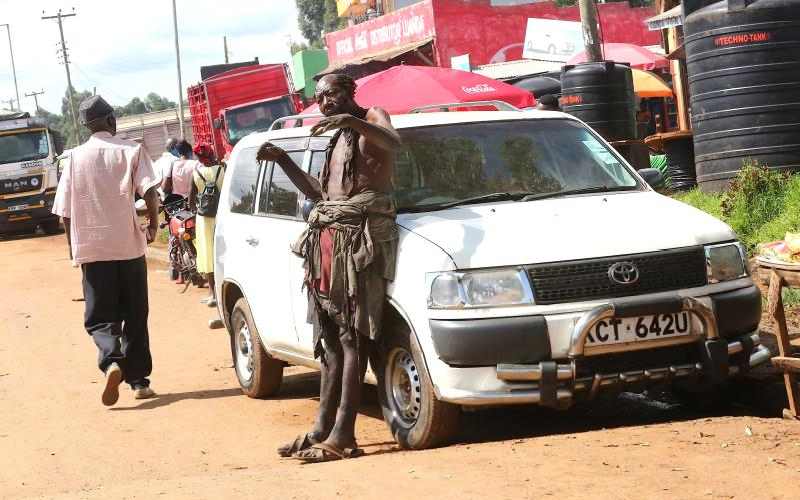×
The Standard e-Paper
Join Thousands Daily

For residents of Luanda, the sight of mentally ill men is not an issue. They have accepted it as part and parcel of the centre.
The town that is located on the Kisumu-Busia highway is a fast-growing urban centre that is known far and wide.